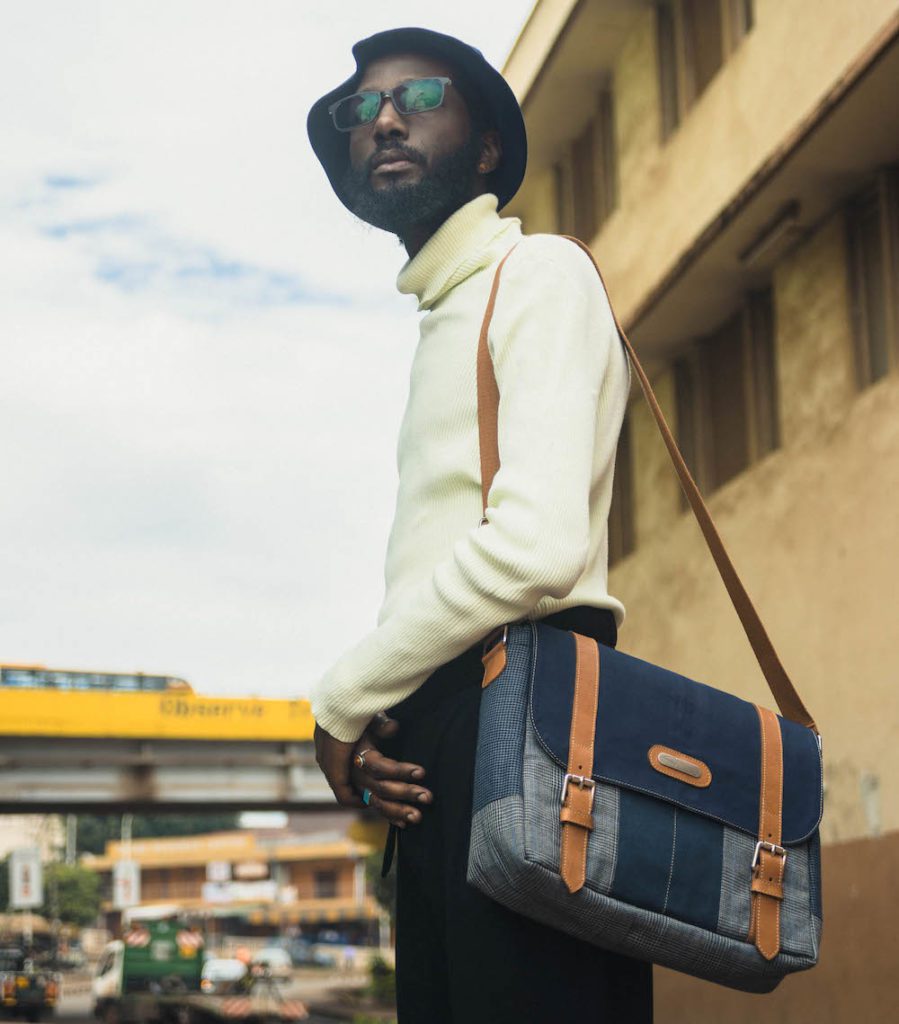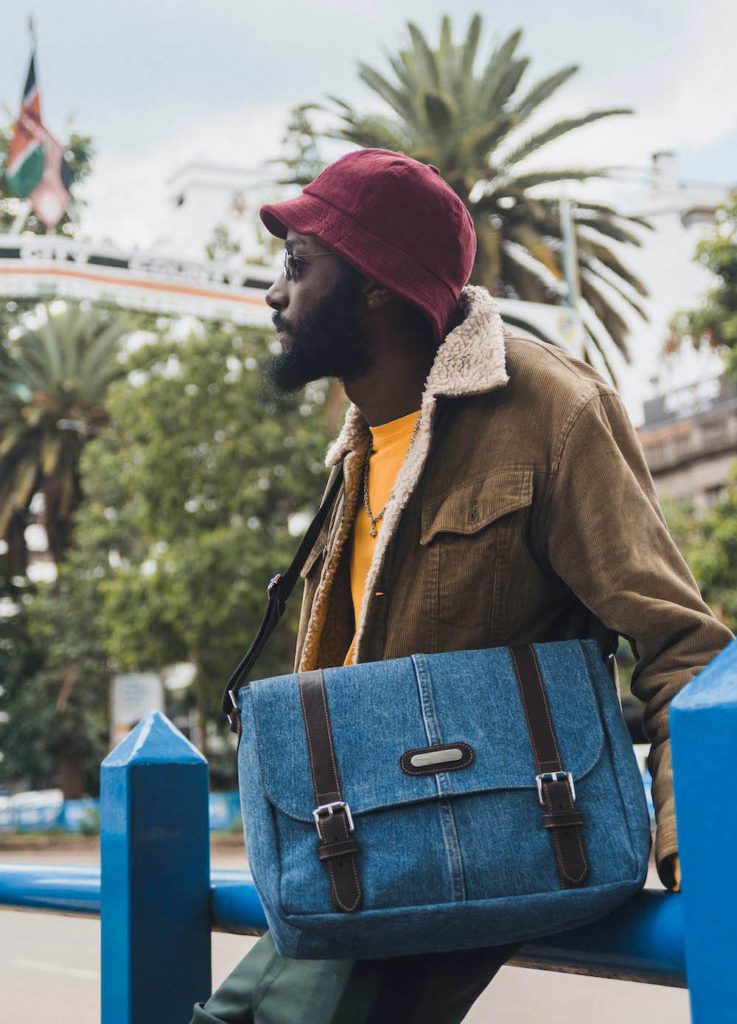Sustainability has now become synonymous with fashion, but that doesn’t come as a surprise after the year and a half we have all had. Although sustainability was at the center of most fashion conversations pre-Covid, brands have realized that due to the impact of quarantine they needed to respond to the rapidly growing conscious consumer base.
Quarantine has forced many people to reevaluate their habits, especially when it comes to fashion and lifestyle which are now influencing a lot of the brands they invest in. Now more than ever, consumers are aware of how their purchasing decisions could have an impact on the environment and society at large.
People have questions and brands need to have the answers. With the growing public interest in brands that are doing good, it is no surprise that there has been a surge of new sustainable brands emerging globally.
With sustainable and eco-friendly brands flooding the market, it is hard to keep up with all the incredible brands emerging from unusual regions of the world, like Africa. African brands are taking action to minimize their waste by producing smaller productions and educating themselves on the impacts they have on the environment and their community. One important thing to note, sustainability has always been an inherent part of African culture partially due to necessity.
What many people fail to realize is that for a long time, African designers had to be innovative and resourceful when it came to creating collections. They had to repurpose old fabric or adopt a slower production model that consists largely of durable products, traditional production techniques, and made-to-order collections.
Currently, many made in Africa labels that are adopting ethical production methods have incorporated traditional systems of the past to construct their garments.
These include using up-cycled materials or locally sourced fabrics and printing them using natural dyes, barkcloth manufacturing like in Uganda, woven textiles like the Eastern region and Ethiopia, Kente from Ghana, traditional Berber weaving like in North Africa, and beadwork which is a vital aspect of the Maasai culture.
For a long time, it was impractical to have mass manufacturing in many African regions. Instead, a lot of emphasis was put on craftsmanship and artisanship which is why the ethos in many African communities is in minimizing waste and uplifting their local community.
Although these cultural practices are far from new, the newfound attention African designers and brands have garnered from the world has brought a lot of eyes to the talent on the continent and age-old production methods. As more and more African designers are awarded prestigious fashion awards, snag magazine covers on global publications, and hired on as creatives to lead to some of the most iconic brands, the world is beginning to see the value in African creatives that is often overlooked.
With all that said, there is still a global perception that it is responsible for the long and persisting hesitation, as many perceive Africans as mere consumers of second-hand clothing from the developed world. Thus are excluded from conversations about the future of fashion or even as viable sustainable fashion brands.
So, as consumers purchasing decisions continue to shift to more sustainable options, here are some great African brands they can support:
Mafi Mafi
MAFI MAFI is a premier sustainable fashion brand and crafts ready-to-wear pieces hand-loomed in Ethiopia. The brand aims to preserve Ethiopia’s century-old weaving technique while also uplifting local artisans.
Studio 189
Studio One Eighty Nine is a fashion lifestyle brand and social enterprise headquartered in Ghana and the U.S dedicated to supporting and promoting African craftsmanship. The brand was co-founded by actress Rosario Dawson and Ghanain-American Abrima Erwish, they work with artisans in Ghana using traditional methods including natural plant-based dye indigo, hand-batik, and kente weaving.
Tongoro
Tongoro is a fashion brand established in Dakar, Senegal by Sarah Diouf in 2016. The made-in Africa label offers eco-conscious clothing and sources its materials on the continent. They aim to uplift Senegalese craftsmanship and to redefine the “Made in Africa” label. Tongoro has been seen in the likes of celebrities like Naomi Campbell, Beyonce, and Alicia Keys.
Maxhosa Africa
Established in 2011 by Laduma Ngxokolo, Maxhosa Africa is a knitwear brand that pays homage to traditional Xhosa aesthetics and is one of the most prominent fashion houses in South Africa. The clothes are made from unused MAXHOSA waste fabrics that cannot be unraveled and de-threaded back into yarn. The brand recently designed costumes for the Coming 2 America Sequel.
Suave Kenya


Suave Kenya was founded by Mohamed Awale, a sustainable brand aimed at waste reduction. Established in 2014, this brand offers leather goods, backpacks, and accessories from upcycled material and leathers ranging from second-hand clothing to leather. Their designs are dynamic, bold, and made from kitenge and denim material.
Listen to our podcasts here.
Latest Stories
- What are Plant Based Fibers
- 7 Sustainable and Eco Friendly Floss Options
- Anshul Magotra: How Social Innovation Circle Supports Impact Entrepreneurs
- Causeartist Brief – U.S. Department of Energy x Google, Bezos Centers for Sustainable Protein, Oregon Biochar Solutions
- Evidencity: Pioneering the Fight Against Modern Slavery Through Tech









